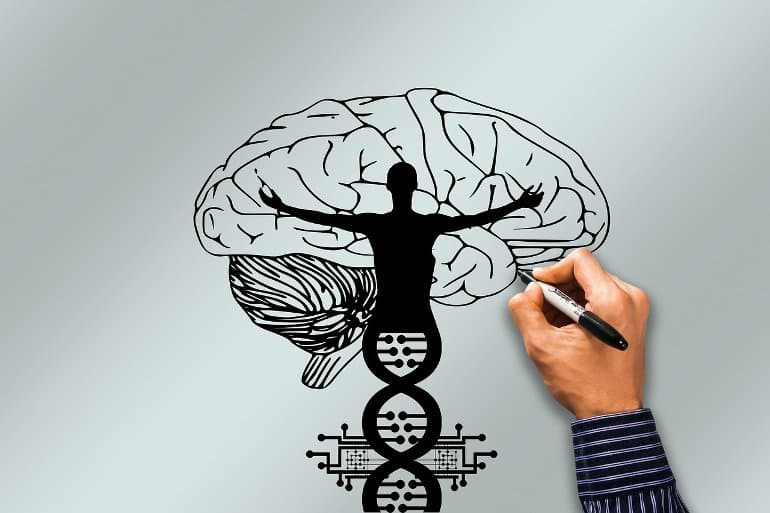Kyoto researchers discovered a major discovery of anxiety disorders (ADs), which afflict over 280 million individuals worldwide. The co-occurrence of distinct subtypes suggests genetic bases for these illnesses. Despite identifying AD brain circuits, the gene expression link was unclear. To close this gap, Kyoto University researchers Ms. Karunakaran and Dr. Amemori found two brain gene clusters.

Photo from Google
Gene Discoveries Illuminate Neurophysiological Dichotomy in Anxiety Disorders
Studies have shown common mutations in AD or related personality characteristics. These mutations were linked to human genes. Micro-stimulation in monkeys identified AD-related circuitry, and neuroimaging predicted worried temperament.
Kyoto researchers wanted to know if AD-associated genes were expressed in neuroimaging circuits. Transcriptomic data of over 200 AD subtype-linked genes in over 200 brain areas showed elevated expression in cerebral nuclei, the midbrain, and the limbic system. Hierarchical clustering showed two AD gene clusters: one highly expressed in the limbic system and certain cerebral nuclei, and the other in the midbrain and another set. Structures control AD behaviors.
Subtype-specific gene enrichment patterns linked each cluster to various AD subtypes. A neurophysiological dichotomy in ADs was found in glutamatergic receptor signaling and serotonergic and dopaminergic signaling. Both clusters had cells and gene networks particular to their regions.
READ ALSO: Study: Cuddling during sleep comes at a cost, even for mice
Insights into Anxiety Disorders
Using developmental transcriptome data, researchers followed AD gene expression during brain development. The two groups had separate and negatively associated identities at certain developmental stages. One cluster was significantly expressed in late infancy and adulthood, the other in late pregnancy and early childhood. Mutations in AD-associated genes may change expression timing, disrupting signaling cascades and brain circuits and causing AD symptoms.
Kyoto researchers found two AD gene clusters with varied brain regional and temporal expression patterns. Further study of these clusters may reveal AD’s etiology, advancing our understanding and treatment of these mental health issues.
READ ALSO: Kyoto scientists map double whammy gene clusters for anxiety disorders
























